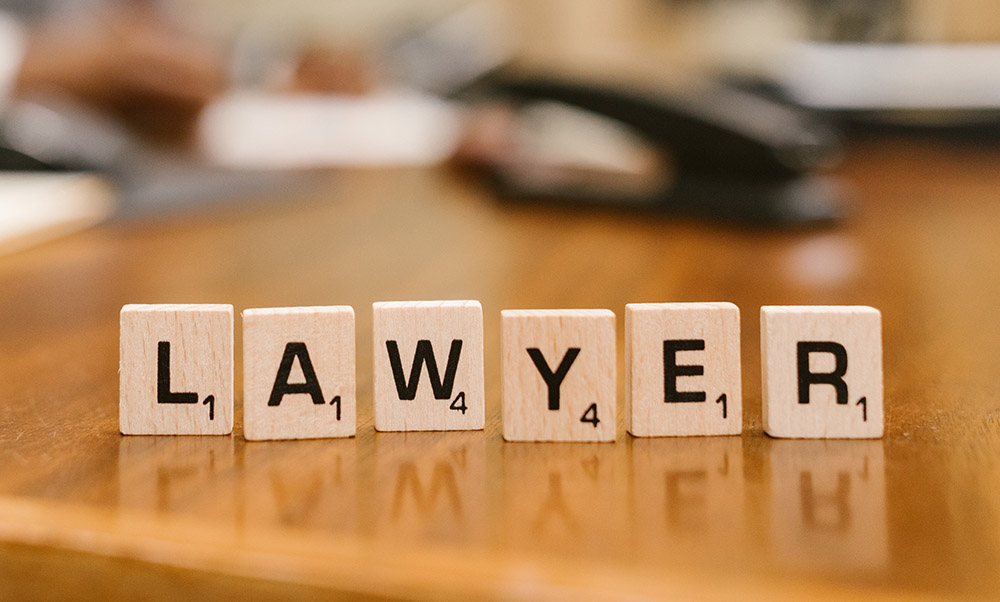
How to Respond to a Legal Notice?
Title: How to Respond to a Legal Notice: A Comprehensive Guide
Introduction
Receiving a legal notice can be daunting, but responding appropriately is essential to protect your rights and interests. Whether it’s a contractual dispute, property matter, or any other legal issue, understanding how to reply to a legal notice is crucial. In this SEO-friendly guide, we will walk you through the process of formulating a proper response to a legal notice, empowering you to address the matter effectively and responsibly.
Step 1: Seek Legal Counsel
Upon receiving a legal notice, promptly seek the assistance of an experienced lawyer who specializes in the relevant area of law. An attorney will guide you through the process, assess the notice’s merits, and formulate a suitable response.
Step 2: Understand the Contents of the Legal Notice
Thoroughly read and comprehend the legal notice’s contents, including the allegations made against you and the remedies sought by the sender. Understanding the notice’s details is crucial before preparing your response.
Step 3: Conduct a Thorough Review
Review all relevant documents, contracts, agreements, or correspondence related to the matter mentioned in the legal notice. This will help you accurately assess the situation and formulate your response.
Step 4: Respond within the Stipulated Time
Most legal notices specify a deadline for response. Ensure that you adhere to this timeline and submit your reply within the stipulated period to avoid any adverse consequences.
Step 5: Maintain a Professional Tone
When drafting your response, maintain a professional and respectful tone. Avoid using offensive language or making emotional statements that may weaken your position.
Step 6: Address Each Allegation Specifically
Address each allegation mentioned in the legal notice specifically and provide factual explanations or counterarguments for each point raised against you.
Step 7: Present Supporting Evidence
Support your response with relevant evidence, documents, or correspondence that corroborate your position. This can strengthen your case and demonstrate the validity of your claims.
Step 8: Clarify Misunderstandings
If there are any misunderstandings or misinterpretations in the legal notice, clarify them in your response to provide a more accurate perspective.
Step 9: Assert Your Rights
Clearly assert your legal rights and positions in the matter, backed by the advice of your attorney. This demonstrates that you are prepared to defend your interests.
Step 10: Offer Settlement (if Applicable)
If appropriate, consider offering an amicable settlement to resolve the dispute, as this may save time, costs, and unnecessary litigation.
Step 11: Adhere to Legal Formalities
Ensure that your response complies with all legal formalities, such as signing the document and providing accurate contact information.
Step 12: Keep Copies of All Correspondence
Keep copies of your response and any other communication exchanged between you and the sender. These records will be valuable if the matter escalates further.
Step 13: Maintain Confidentiality
Avoid discussing the details of the legal notice and your response with third parties, as this could potentially harm your case.
Step 14: Stay Proactive
If the sender’s response is delayed or unsatisfactory, follow up proactively to ensure the matter is appropriately addressed.
Step 15: Evaluate the Need for Further Action
If the matter remains unresolved, consult your lawyer to determine whether further legal action is necessary, and explore the available options.
Conclusion
Responding to a legal notice requires diligence, legal expertise, and a professional approach. By adhering to this comprehensive guide and seeking advice from a qualified attorney, you can craft an appropriate response and protect your rights effectively. Remember, responding to a legal notice responsibly is a crucial step toward resolving disputes and achieving a fair and just outcome for all parties involved.
